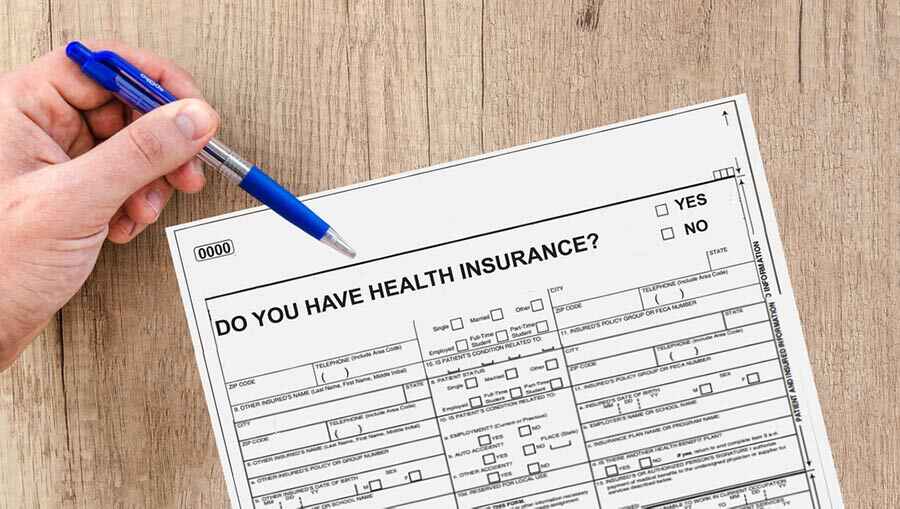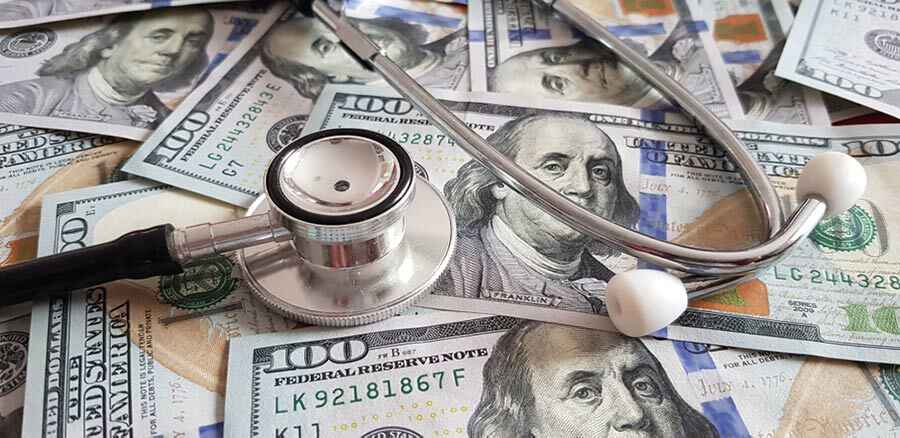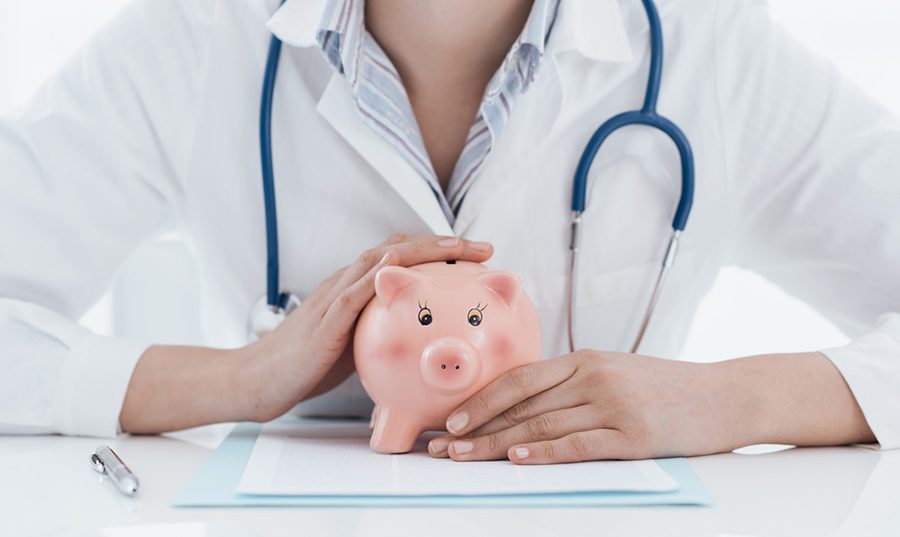How Much Does Rehab Cost In Florida?
Different Types Of Addiction Treatment Centers
To understand how much you can anticipate paying for drug and alcohol rehab for yourself or a loved one, it’s important to understand the different kind of addiction treatment programs you may find yourself considering.
For instance, inpatient rehab will generally come with a higher cost than outpatient treatment, which does not require the patient to live at their treatment centers full time and is meant for patients with mild or moderate addictions rather than severe dependencies.
Though many patients may be in need of the intensive care that can only be provided in a full time residential treatment program, opting for outpatient treatment can lower overall drug rehab cost while providing many of the same therapeutic treatment options.
Partial hospitalization programs in particular can provide a similar level of care to some inpatient programs while still available allowing for a lower cost of addiction treatment and providing the patient with more flexibility.
Whether and what level of medical detox a person requires before beginning a more comprehensive drug and alcohol rehab program is also important to consider when calculating total drug rehab cost. For instance, opioid treatment cost may include the cost of opiate addiction detox, which is likely to be around $1,000-$1,500 dollars, in addition to the standard drug rehab cost. Alcohol rehab cost can also often include that of professional medical advice related to the detox process.
Does Insurance Cover Rehab For Drug Abuse?

To start with the good news: much of the cost of addiction treatment is generally covered by health insurance. If your health provider accepts your private insurance coverage, a significant portion of your drug addiction treatment will likely be included in your health insurance coverage.
Legislation from the mental health services administration also prohibits private health insurance from discriminating against patients with substance use disorder or who are in need of any other mental health treatment.
Insurance coverage under the Affordable Care Act should also cover addiction treatment services, and low income people with or without private insurance may qualify for free or state sponsored drug and alcohol rehab. Individual treatment programs may also have financing options or scholarship programs that can cover drug rehab costs to at least some extent.
Average Drug Rehab Cost In Florida
First, it’s important to consider that addiction treatment varies in cost more than in just the difference between inpatient and outpatient programs. For instance, a luxury beachside treatment center with extensive amenities will have higher out of pocket costs than a treatment facility in a less flashy location or offering less perks.
But other qualified healthcare provider options without such perks may be just as capable of providing excellent drug rehab services. So, when assessing drug rehab treatment options, it’s important not to get distracted by the bells and whistles and instead focus on the specific drug rehab needs of you or your loved one.
Still, even basic competent addiction rehab programs must bear the cost of licensed medical professionals to implement their advanced recovery systems, so the cost of rehab can be substantial. Thus, most inpatient rehabs will start at about $6,000 for a 30 day stay but can veer as high as $25,000, while outpatient programs can range from $1,000 to $10,000 for drug or alcohol treatment of the same length.

Discussions with a qualified admissions representative can help illuminate the cost of rehab at whatever specific rehab center you may be considering, and your insurance provider may also be able to advice you on what substance abuse coverage falls under your insurance plan and what drug rehab centers may be appropriate to your needs.
There’s also more than the cost of rehab to consider when browsing treatment centers. For instance, since behavioral health conditions like addiction tend to be associated with co occurring disorders, you may want to make sure you find a treatment center capable of dealing with any comorbid mental health disorder as well as drug abuse itself.
Similarly, recovery from some forms of illicit drug addiction can involve medication assisted treatment, and you may want to find a rehab center that can offer it. In the field of addiction medicine, it is becoming more and more widely accepted that medication to reduce patients’ physical cravings for drugs may be the best bet for allowing them to make the most out of drug rehab emotionally and enabling them to go on to live a sober and healthy life.
Using The Marchman Act To Court Mandate Drug And Alcohol Addiction Treatment
To help you afford rehab, insurance and other financing options can be sought out, and you can usually find a way to make a treatment program work for you financially one way or another. But whatever the cost of rehab may be for you, the cost of addiction at its worst is likely to be far higher.
This may be true monetarily in the form of lost wages, money spent on drugs, and money spent to deal with the fallout of drug related legal problems as well as in terms of you or your loved one’s mental, physical, and spiritual health.
Advanced recovery systems can help most people who struggle with addiction to get back on the road to sobriety, but, unfortunately, some alcohol and drug users can be resistant to seeking addiction treatment. In this case, and if the person is clearly a danger to themselves or others due to their substance abuse, you may be able to use the Marchman Act to involuntarily commit them to substance abuse treatment.
If the appropriate criteria are met and you are able to successfully file a Marchman Act petition, a judge may order your loved one to comply with an outpatient or inpatient rehab program or risk legal consequences. If you are interested in learning more about the Marchman Act or how a skilled intervention counselor may be able to help get your loved one into treatment, feel free to call us anytime at (833) 995-1007 or to contact us online anytime here.




